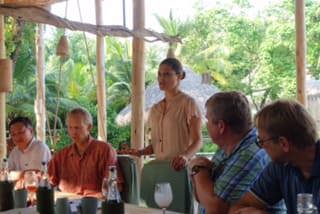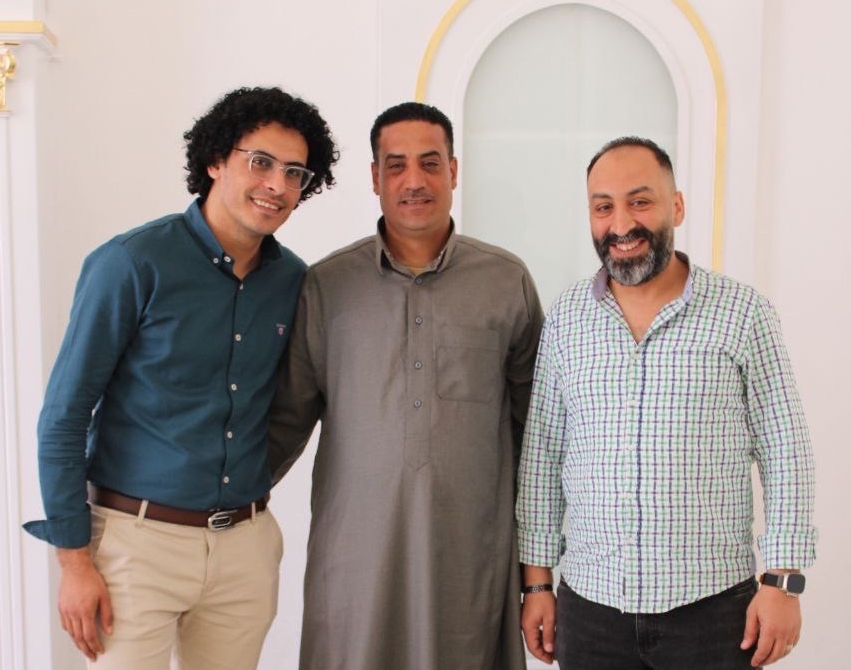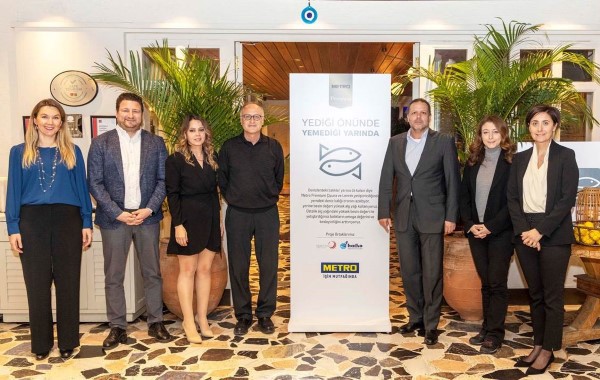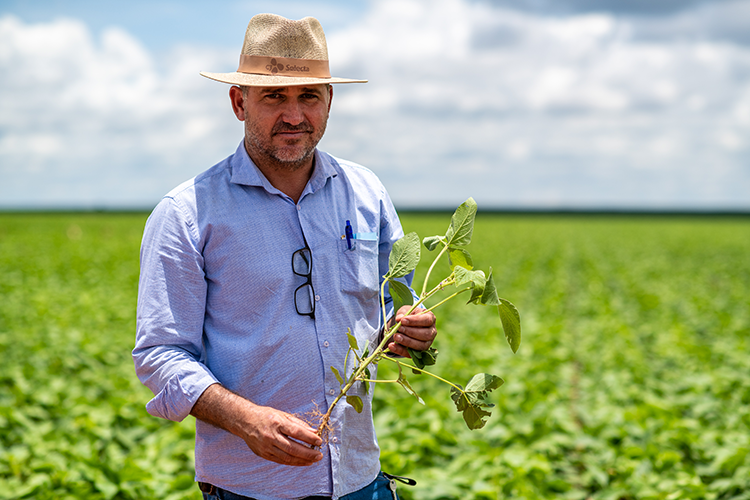Norway's largest seafood companies have been key in establishing a new initiative aimed to change the international fishing industry. The initiative made up by eight of the world's largest seafood companies and called "Seafood Business Ocean Stewardship" will clear-out IUU fisheries and inhumane working conditions.
Norwegian companies at the center of new international alliance for global sustainable seafood industry

The global seafood trade is dominated by a handful of large companies that control up to 16% of the Earth's most important fish resources. These eight companies with large impact on global seafood trade, express strong concern about the future of the ocean as a result of a lack of environmental strategy and inadequate resource management. In a statement these companies, which include Cermaq, Cargill, Nutreco (parent company of Skretting) and Marine Harvest, recognise their responsibilities.
- Increasingly more people look to the sea for solutions to the global food and climate challenges facing the world community. Only by strengthening our global partnership, we will find good solutions for sustainability that can increase food production from the sea, says Einar Wathne, president of Cargill Aqua Nutrition and Chairman of Norwegian Centre of Expertise, The Seafood Innovation Cluster.
Knut Nesse, CEO of Nutreco: “I believe this represents a good start to something which can become important in improving the sustainability of seafood. First and foremost because it is a real global initiative. Secondly, and equally important, it links the challenges in wild fisheries and aquaculture. I look forward to translate our joint commitment into concrete actions.”
The eight companies came together to reduce the global extent of illegal, unregulated and unreported fisheries. They will also address shortcomings in reporting and documentation of the value chain in order to prevent illegal fishing and forced labor linked to the sector.
The initiative is unique as it is global, covers large oceans and several industry interests. Bringing together key actors seafood companies from Asia and Europe in a joint initiative is an important step towards the further development of climate-friendly and sustainable industry.
- We are part of a small but very influential group, and we have a responsibility to ensure that the seafood industry is not only profitable but also sustainable in line with UN development goals, particularly related to the sea. This group of companies represents a global force that can make a difference, says Geir Molvik, CEO of Cermaq.
- The ability to produce protein with very low CO2 emissions means that aquaculture is one of the most sustainable ways of producing food. The world needs safe, healthy and good food produced in a sustainable and efficient manner. As much as 70% of the planet is covered by water, but only 2% of our food comes from the sea. We want to do something with this, says Alf-Helge Aarskog, CEO of Marine Harvest
The new initiative comes as a result of research conducted by the Stockholm Resilience Centre (SRC) at Stockholm University. In 2015, the center identified the 13 biggest companies that largely control the global seafood market, whether it's about aquaculture or fisheries. The research gave rise to the idea of gathering these keystone actors in the seafood industry to create unified transformation of the seafood industry. A meeting between the companies in November has now resulted in the initiative Seafood Business Ocean Stewardship.
- We were delighted so many companies accepted our offer. This shows that they recognise their role and that they understand how important they are in their efforts to develop and save the world's fish resources, says Henrik Österblom, project leader and Head of Research at Stockholm Resilience Centre.
Research from the US shows that better management and controls of the catch of various fish stocks cannot only save the world's fish resources, but also makes it considerably more profitable. The result may boost deserves further 53 billion dollars.
Companies will follow up efforts in 2017 with discussions on specific measures to be taken.
Companies who attended and signed the statement:
- Maruha Nichiro Corporation
- Nippon Suisan Kaisha, Ltd
- Thai Union Group
- Marine Harvest ASA
- Dongwon Industries
- Nutreco (parent company of Skretting)
- Cargill Aqua Nutrition
- Cermaq (subsidiary of Mitsubishi Corporation)
Please find additional information
www.keystonedialogues.earth
www.stockholmresilience.org
www.gedb.se
www.beijer.kva.se


